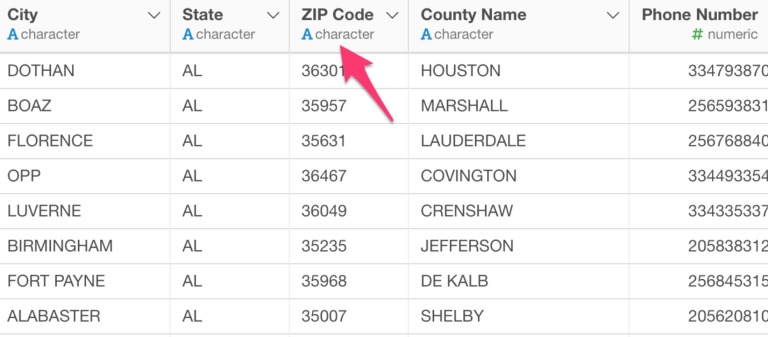In today’s fast-paced world, texting apps have become an integral part of our daily communication. From staying connected with loved ones to conducting business, these apps have revolutionized the way we interact. This exclusive article delves into the evolution of texting apps, exploring their journey from simple SMS to sophisticated AI-powered platforms.
The Rise of SMS: The Genesis of Texting
The story of texting apps begins with the advent of Short Message Service (SMS), commonly known as texting. In the early 1990s, SMS emerged as a basic communication tool, allowing users to send short text messages over cellular networks. While limited in functionality, SMS laid the foundation for the texting app revolution.
The Emergence of Instant Messaging: A New Era of Communication
As technology advanced, instant messaging (IM) platforms like AOL Instant Messenger (AIM) and ICQ gained popularity. These platforms offered real-time text-based communication, enabling users to chat with friends and family instantly. The rise of IM marked a significant shift in the way people communicated, paving the way for the development of dedicated texting apps.
The Smartphone Revolution: Texting Apps Take Center Stage
The launch of the iPhone in 2007 ushered in the era of smartphones, transforming the way we interact with technology. With the widespread adoption of smartphones, texting apps experienced explosive growth. Apps like WhatsApp, WeChat, and Viber emerged, offering a plethora of features beyond simple text messaging. These included multimedia sharing, group chats, voice and video calls, and even stickers and emojis.
The AI-Powered Future of Texting Apps
In recent years, artificial intelligence (AI) has made significant inroads into the world of texting apps. AI-powered features like chatbots, smart replies, and language translation have enhanced the user experience, making communication more seamless and efficient. Chatbots, for instance, can provide automated customer support, answer frequently asked questions, and even assist with tasks like booking appointments or ordering food.
The Impact of Texting Apps on Society
Texting apps have had a profound impact on society, transforming the way we communicate, connect, and conduct business. Let’s explore some of the key impacts:
- Enhanced Connectivity: Texting apps have made it easier than ever to stay connected with people across the globe. Whether it’s chatting with friends, family, or colleagues, these apps have broken down geographical barriers, fostering a sense of global community.
- Streamlined Communication: The real-time nature of texting apps has streamlined communication, enabling instant responses and fostering efficient collaboration. This has proven particularly beneficial in business settings, where quick decision-making and effective communication are crucial.
- Increased Accessibility: Texting apps have made communication more accessible for people with disabilities. Features like voice-to-text and text-to-speech capabilities have empowered individuals with hearing or speech impairments to participate fully in conversations.
- Evolving Language and Culture: Texting apps have influenced the way we use language, giving rise to new forms of expression like emojis, GIFs, and internet slang. This has led to a dynamic and ever-evolving language and culture, shaped by the digital age.
The Challenges and Concerns
While texting apps have undoubtedly revolutionized communication, they also present certain challenges and concerns. These include:
- Privacy and Security: The vast amount of personal data shared on texting apps raises concerns about privacy and security. Data breaches and cyberattacks can expose sensitive information, making it imperative for users to choose apps with robust security measures.
- Misinformation and Fake News: The rapid spread of information on texting apps can facilitate the dissemination of misinformation and fake news. This can have serious consequences, influencing public opinion and even inciting violence.
- Cyberbullying and Online Harassment: Texting apps can be misused for cyberbullying and online harassment. The anonymity and ease of communication on these platforms can embolden individuals to engage in harmful behavior, causing emotional distress and even leading to tragic consequences.
- Addiction and Mental Health: Excessive use of texting apps can lead to addiction and mental health issues. The constant need to check notifications and respond to messages can disrupt sleep patterns, affect productivity, and contribute to anxiety and depression.
The Future of Texting Apps
As technology continues to advance, the future of texting apps looks promising. We can expect to see further integration of AI, enabling more personalized and intuitive communication experiences. Additionally, the rise of augmented reality (AR) and virtual reality (VR) could revolutionize the way we interact on texting apps, creating immersive and engaging virtual environments.
Conclusion
From humble beginnings as SMS to sophisticated AI-powered platforms, texting apps have come a long way. They have transformed the way we communicate, connect, and conduct business, shaping our language, culture, and society. While challenges and concerns remain, the future of texting apps holds immense potential. As technology continues to evolve, we can anticipate even more innovative and transformative communication experiences in the years to come.
Read More: Does WhatsApp Messages Show Up on Your Phone Bill? Unveiling the Truth







